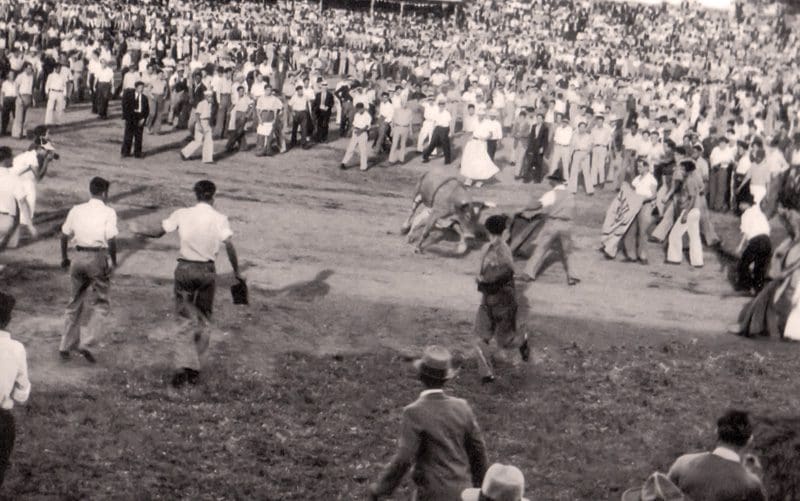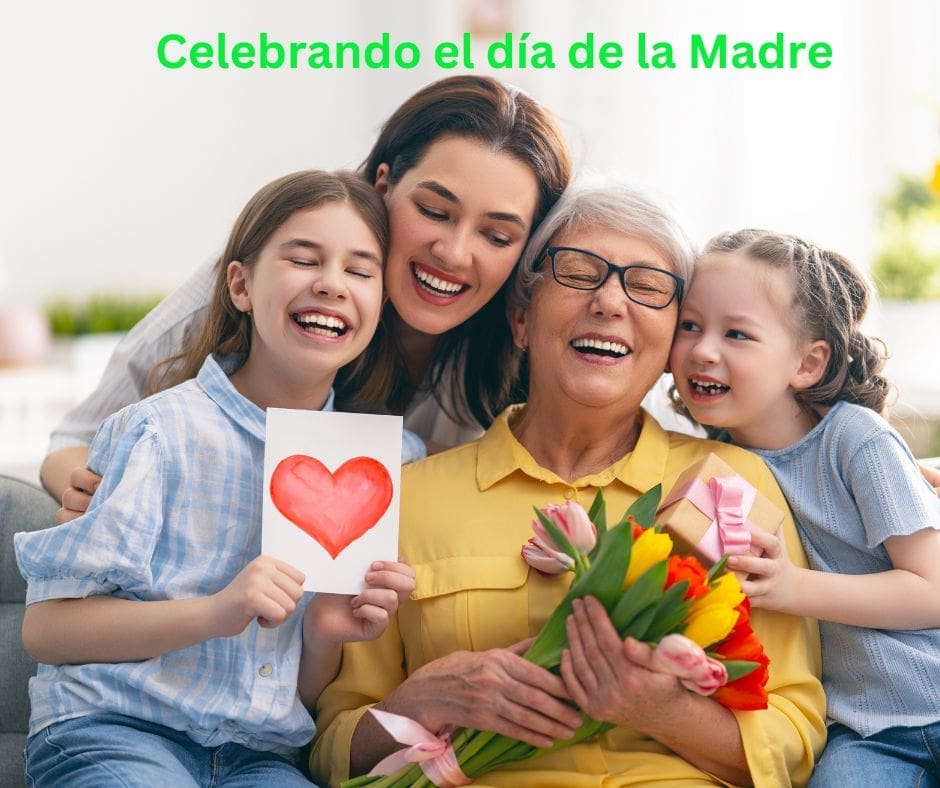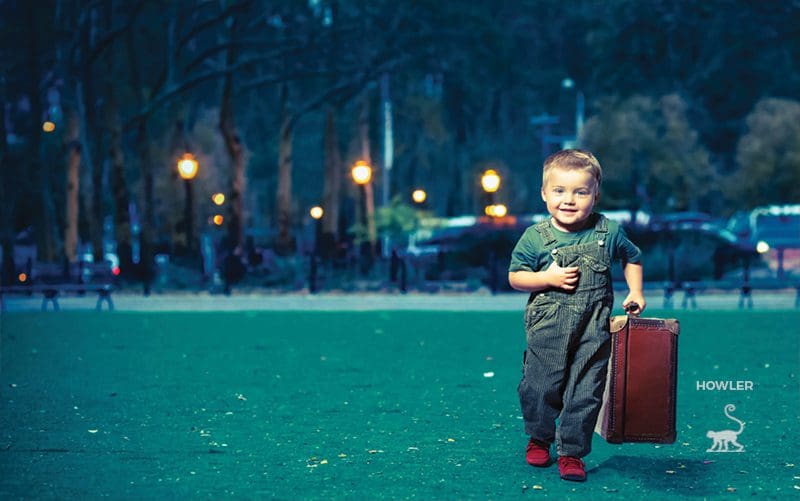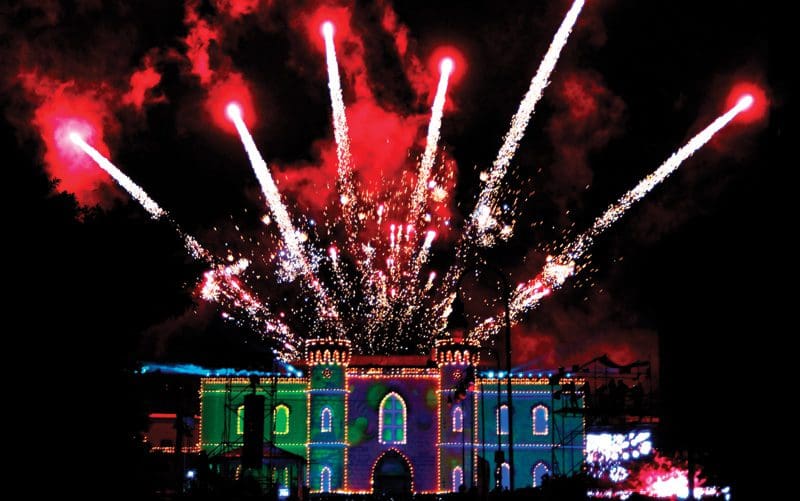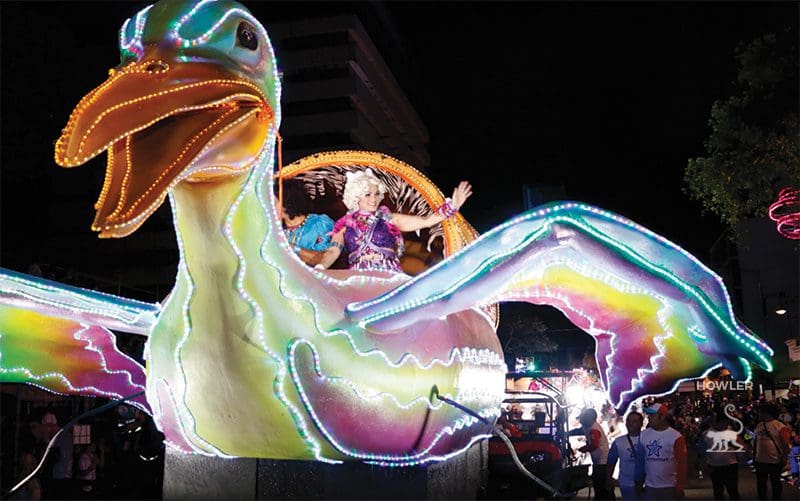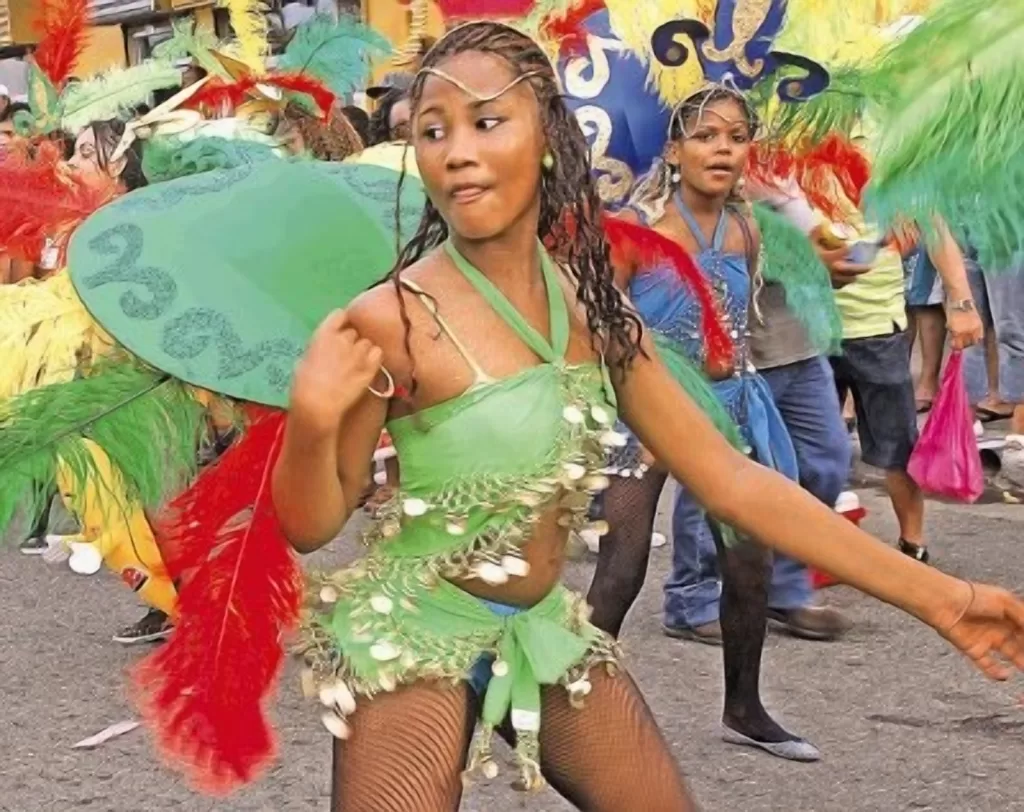
The Mystical Side of Costa Rica: Understanding Superstitions and Good Luck Practices
Unveiling the Mysteries: Superstitions and Good Luck Traditions in Costa Rica
When you find yourself enveloped by the stunning biodiversity of Costa Rica, it’s easy to forget that the country is also a melting pot of traditions and beliefs. Amidst the aroma of freshly brewed coffee and the sound of Howler monkeys in the distance, the local folklore stands as a testament to the country’s rich cultural heritage. Superstitions and good luck traditions, in particular, hold a special place in the lives of Costa Ricans, known as Ticos. Let’s delve into some fascinating aspects of these practices and understand why they continue to be revered and observed.
The Story Behind the Horseshoe
The horseshoe is not just a piece of metal; it’s a symbol steeped in history and meaning. Originating from Celtic folklore, the concept of the lucky horseshoe has traveled far and wide, finding a home in Costa Rican culture. Positioned with the open end facing upwards, it’s believed to collect good fortune, while also serving as a shield against negative forces. While newer homes may use more modern symbols of protection, many traditional Costa Rican homes still display the venerable horseshoe above their front doors.
Amulets: Not Just a Trinket
The amulets that many Costa Ricans carry with them are far from mere trinkets. In fact, they are part of a well-established tradition of attracting good luck and warding off the evil eye. For example, the frog is often linked to fertility and abundance, seen as a positive omen for those starting a family or a new business venture. Elephants, on the other hand, symbolize wisdom, strength, and loyalty, making them popular choices for those in long-term relationships or enduring challenging circumstances. Stones are often considered to be the most personalized form of amulets, as people find them during important or transitional phases of their lives, attributing to them special powers or significance.
The Intriguing Night of the Witches
Celebrated in the Guanacaste region, the “Night of the Witches” is not your typical festive occasion. People genuinely believe that on December 24th, the barrier between the spiritual and earthly realms weakens, allowing witches and spirits to roam freely. While bonfires and firecrackers light up the night sky, it’s not solely for entertainment. These acts are thought to frighten away the malevolent beings, keeping families safe during this eerie night.
The Numerology of Luck and Unluck
The importance of numbers in Costa Rican superstitions is a fascinating subject. While the number 7 represents fortune and is often picked in lottery games, the number 13 is usually avoided like the plague. Some even go as far as to skip the 13th floor in a building or refrain from scheduling important events on the 13th day of the month. This stark contrast shows how deeply these beliefs are ingrained in the Costa Rican psyche.
Emotional Comfort and Cultural Identity
You might wonder why these beliefs persist, especially in a rapidly globalizing world. The answer is two-fold: emotional comfort and cultural identity. Superstitions act as coping mechanisms, offering a semblance of control in a world brimming with uncertainties. On the other hand, these practices are integral to Costa Rican culture, woven into the fabric of daily life and intergenerational narratives. They are shared at family gatherings, taught to children, and observed in community events.
As you explore the lush rainforests, pristine beaches, and welcoming towns of Costa Rica, these superstitions and traditions offer a unique cultural backdrop. They are not just expressions of individual beliefs but a collective testament to the values, hopes, and fears that make Costa Rica the intriguing and beautiful country that it is.

